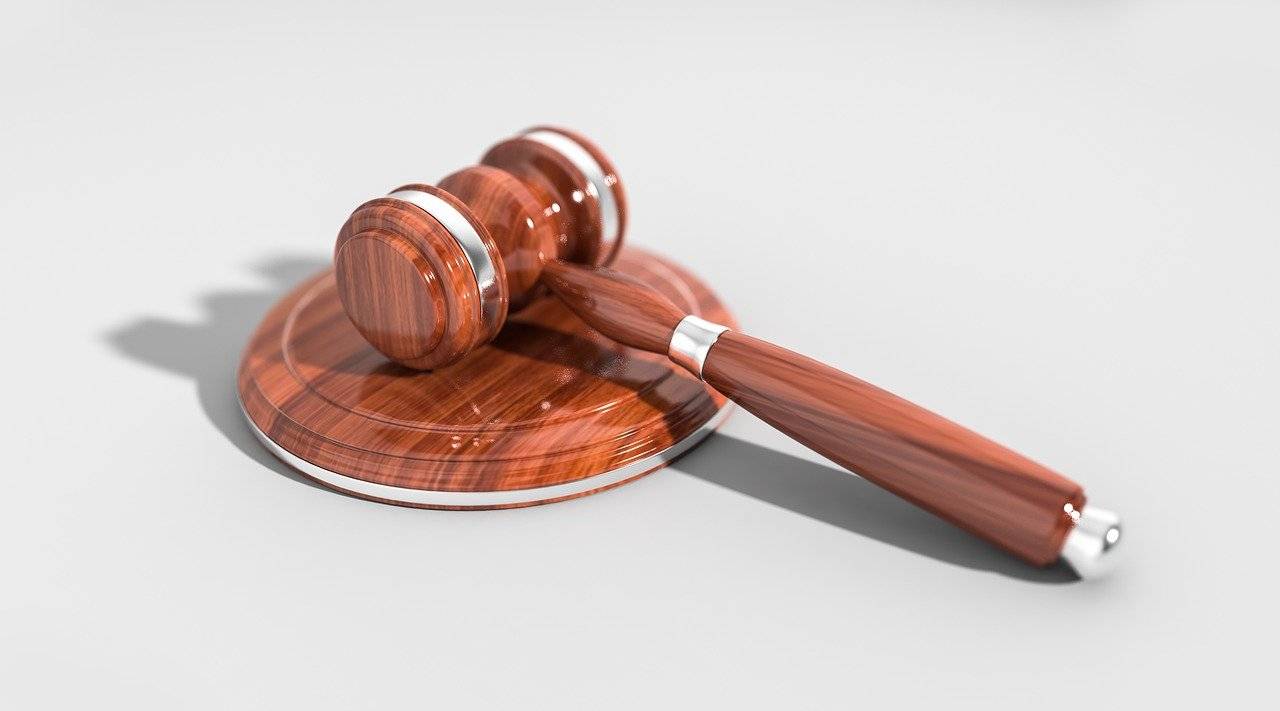Patent law is one of the most complex legal areas, more specifically a techno-legal area where lay persons, including judges and patent attorneys have a hard time understanding the facts and technologies discussed during patent litigation cases. A scientific advisor or a scientific expert in the specific technology plays a crucial role in educating and presenting intricate technological issues, he/she helps translate complex technology and communicate the legal implications of conclusions into terms the judges and the patent attorneys can understand. Patent-inexperienced judges have to spend an “inordinate expense of time” merely to understand the technological jargon used in technological issues. Hence, Courts mostly refer to expert opinions in formulating their judgment. A court may appoint an independent expert for deciding on factual issues, in addition to party appointed experts. The opinion of the experts may be challenged by cross examinations.
During patent infringement proceedings, the patented technology is sought to be analyzed in and out. The initial focus are the claims of the patent where the claims advances over the prior art are analyzed and then the focus shifts to comparing the claim elements with the potentially infringing product or process. A patent is said to be “literally infringed” if the claims exactly describe the potential infringing product or process. Such cases mostly are straight forward and simple with respect to need of a technical expert’s opinion. However, the complexity arises when the infringing product/process does not exactly “read on” the claim and the product/process claim mapping switches to “Doctrine of Equivalence”. The inputs of the technical expert may play an important role when equivalence comes into picture. However, the scientific expert should be aware that he is a resource for explaining, defining and interpreting the technological aspects for a legal decision and not a scientific one. Expert testimony concerning infringement may encompass multiple aspects. For example, the way the claims read on the accused products, the results of testing done to prove infringement or non-infringement, and proof of Active inducement or contributory infringement. Expert opinions relating to patent validity issues may cover diverse topics such as anticipation, inherency, the scope and content of the prior art, the differences between the prior art and the claimed invention, how a person of ordinary skill in the art would understand the teachings of the prior art, to name a few. Further, expert views on, whether a person of ordinary skill would be motivated to combine the prior art, the level of ordinary skill in the art, secondary considerations of non-obviousness such as long felt need, unexpected results, failure of others, and commercial success carry weightage before formulating judgements. The testimony of technical experts may be sought for enablement and written description issues as well.
Patent law in India explicitly mentions “Scientific advisors” in Section 115 of the Patents Act, 1970 stating: “In any suit for infringement or in any proceeding before a Court under this Act, the Court may at any time, suo moto or on an application made by a party, appoint an independent Scientific Advisor to assist the Court or to inquire and report upon any such questions of fact or of opinion (not involving a question of interpretation of law) as it may formulate for the purpose.”
Interested readers may follow two of the many disputes between Enercon GmBH, Germany and Enercon India Limited ( EIL), an Indian subsidiary of Enercon GmBH. The technical experts of each party had a crucial role in formulating the decision, where patents Patent No: 197959 (IN/PCT/2000/00124/CHE) and Patent No: 199045 (IN/PCT/2001/1600/CHE) were revoked in light of obviousness and lack of inventive step based on analysis of the experts affidavits submitted by both parties.
Some paragraphs from the order passed by the IPAB for various miscellaneous petitions filed for revocation of Patent 197959 by the parties above, are mentioned here. The paragraphs highlight the role of the science expert during patent litigation.
Para 29 mentions: “It was pointed out at para 240,( of the UK judgement) page 78. (of the revocation application) that the court, based on opinion and cross examination of experts on both the sides (Dr. Taylor for Alloys Wobben and Prof. Green from Vestas’s side), held at the priority date dc-rating was common general knowledge as it is part of most basic knowledge of any electrical engineer it would have been trivial to implement the same on wind turbines at the date of priority.”
Para 31 mentions: “It was also submitted that the claim 1 does not require the wind turbine to de-rate to zero. It is enough that the amount of power which is emitted is reduced, even before reaching a defined minimum network voltage value Vmin. The UK court found, on cross examination, that experts from both sides, agreed that the above feature is obvious Therefore, it was submitted that claim 2 of the impugned patent is obvious and does not involve an inventive step in view of common general knowledge.”
Para 49 mentions: “Further, the attention of the Board was invited to page 65 (of the revocation application), paragraph 152, (of the UK judgement), where it was shown that Dr Taylor the expert of respondent on cross examination agreed that it was conceptually obvious that the wind energy systems would have to stay connected to the network (in case of faults), when such wind energy systems have attained certain power capacity, because it would be a requirement for them to comply. However the expert believed that technically implementing LVRT would not be obvious because it would involve a lot of technical knowhow and different techniques than what is required for a conventional power plant.”
Authored by Sanjeevani Patil.



